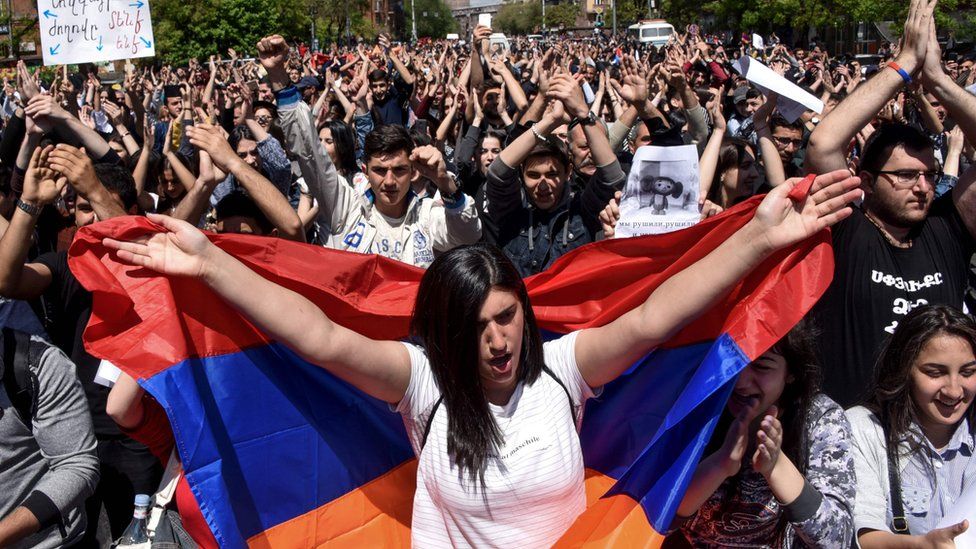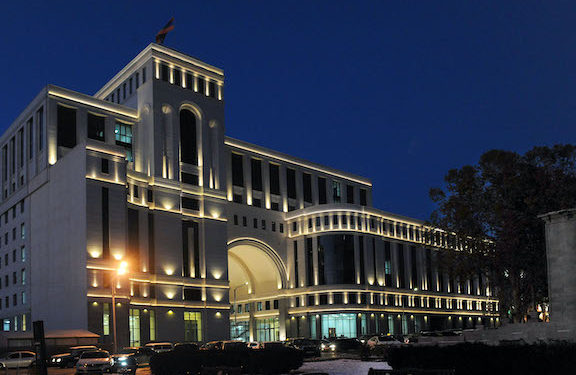Armenia’s Foreign Intelligence Service (FIS) is expanding its authority, potentially undermining the position of the National Security Service (NSS).
A new draft law introduced by the FIS proposes granting the agency direct access to state secrets without needing permission from the NSS. Under current legislation, the NSS holds the exclusive right to share classified information with other government bodies, including the FIS. The proposed bill aims to alter this process, allowing the FIS to independently access secret data. This would give the FIS greater autonomy and reduce bureaucratic delays associated with obtaining permissions from the NSS.
The government of Armenia is expected to approve the document, which would then likely gain support in parliament. The administration is unlikely to impede these changes.
This move is part of a broader trend aimed at curbing the powers of Armenia’s NSS. At the end of 2022, the agency responsible for protecting high-ranking government officials was removed from NSS control and placed under the direct authority of Prime Minister Nikol Pashinyan. Additionally, the NSS lost its unit that investigated serious crimes related to corruption, smuggling, and narcotics, with those powers transferred to Armenia’s Investigative Committee.
Critics of the government link the establishment of the FIS to Pashinyan’s efforts to weaken Armenia’s ties with Russia, amid fears that the Kremlin is interested in reigniting conflict between Yerevan and Baku and toppling Pashinyan’s government.


According to unconfirmed reports, FIS Director Kristine Grigoryan received training in Western intelligence services after stepping down as Armenia’s Human Rights Ombudsman in January 2023.
These changes come against the backdrop of growing cooperation between Armenia and Western intelligence agencies. In December 2022, shortly before the introduction of the government bill on the FIS, Richard Moore, head of the UK’s foreign intelligence service, visited Yerevan. High-ranking officials from the U.S. CIA have also visited Armenia, supporting the notion of a shift in Armenia’s foreign policy and national security orientation.
Among the main political opponents of Armenia’s Prime Minister is former NSS Director Artur Vanetsyan, who clashed with Pashinyan and was detained by security services on suspicion of plotting a coup. Vanetsyan, a distinguished graduate of Russia’s FSB Academy, maintains strong connections with the central apparatus at Lubyanka and leads the opposition party “Hayrenik” (“Homeland”).
These security sector reforms by Armenia’s leadership may be driven by a desire to secure loyalty to the government. There are concerns within Pashinyan’s inner circle that disloyal security officials, bolstered by informal ties with Russian intelligence, could potentially orchestrate a powerful conspiracy to overthrow the government.




